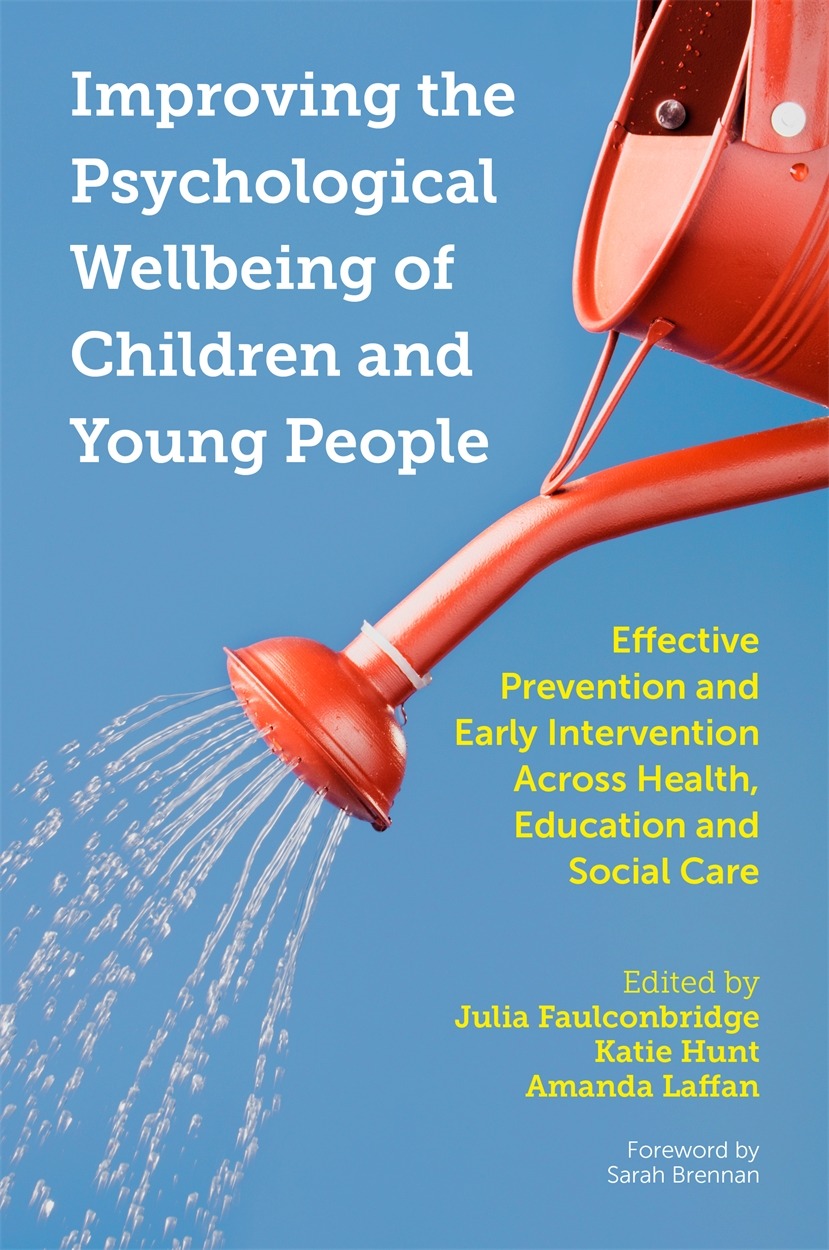Think Piece – A Manual for a New Movement in Clinical Psychology
Julia Faulconbridge & Duncan Law argue for a preventative & psychologically informed
approach to mental health in children & young people
Psychological distress amongst children and young people is increasing and there is a serious lack of capacity in services to help them. At least 10% of 5-16 year olds have serious mental health issues but, of those, only 25% receive input from specialist mental health services. 75% of long-term mental health problems start before the age of 25, yet only 6% of the mental health budget goes to this age group, mainly on Child and Adolescent Mental Health Services (CAMHS) dealing with the problems that have already become serious, complex and long-standing. National policies, including the recent Government Green Paper, are primarily focused on services to help those children and young people who have already developed difficulties.
The narrative of mental health is missing some of the key questions. Why is the mental health of our children and young people deteriorating? What should we be doing to prevent problems, build resilient communities and nurture psychological wellbeing? We know about many of the risk factors for children from poverty, trauma, maltreatment and social isolation through to bullying and the impact of excessive testing and unrealistic academic pressures. But where is the action to address these problems?
In our book ‘Improving the psychological wellbeing of children and young people: Effective Prevention and early intervention across Health, Education and Social Care’ Faulconbridge et al (2018) published by Jessica Kingsley this week, we consider what we can do as clinical psychologists to influence society and systems to raise children to be psychologically healthy and resilient people, able to enjoy productive lives and manage the difficulties and challenges which will inevitably occur. The book sets out a model of child mental health that truly pays attention to helping the next generation to grow up to have greater psychological wellbeing, rather than directing the majority of resources to trying to help after things have gone wrong.
At a service level we advocate for a model of local Psychological Health and Wellbeing Services (PHWBS) that are built from the community up and aim to achieve integrated provision, across health, education, social care and the voluntary sector. From Early Years through to Physical Health and Criminal Justice services, the book provides practical guidance and shows what can be done and we hope that it will inspire policy makers and commissioners to take the leap into creating a new vision of how we can apply psychological knowledge differently to achieve psychological health and wellbeing. To do so requires wider perspectives both on how we understand mental health and wellbeing and how we work as clinical psychologists. We see the book as a manual for a new movement in mental health.
Julia Faulconbridge, Consultant Clinical Psychologist, Chair of the British Psychological Society Division of Clinical Psychology & ACP-UK member, and
Duncan Law, Consultant Clinical Psychologist & ACP-UK member

